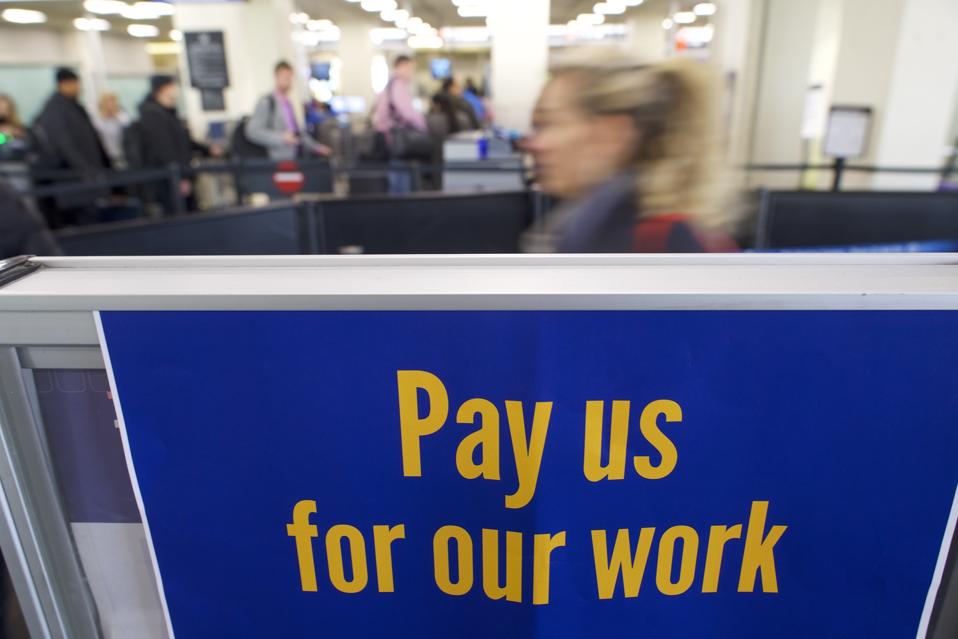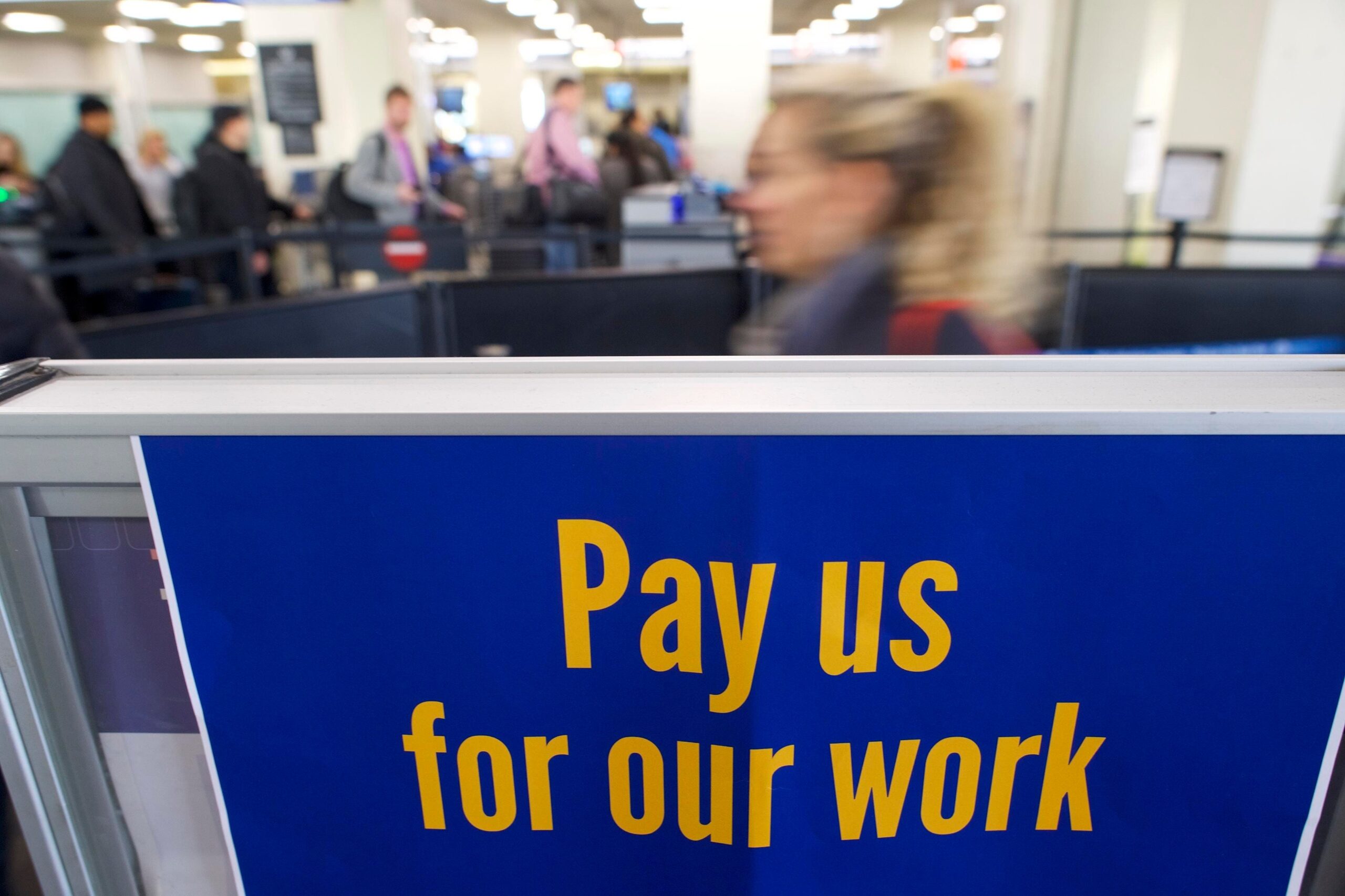U.S. Tourism Officials Warn of $1 Billion Weekly Losses Due to Government Shutdown
U.S. tourism officials are sounding the alarm over the potential economic impact of a government shutdown, estimating that the country could lose up to $1 billion per week in tourism revenue. This figure comes amid concerns about disruptions to air travel, national parks, and other essential services. The projected losses highlight the vulnerability of the travel sector, which plays a significant role in the U.S. economy.

Key Facts About the Impact of a Government Shutdown
According to Tourism Economics, a division of Oxford Economics, the U.S. travel economy faces the risk of losing $1 billion each week during a government shutdown. This would be in addition to a projected decline of $29 billion in visitor spending in 2025, driven by fewer international visitors and weaker domestic travel demand.
The U.S. Travel Association has already sent a letter to Congress, urging lawmakers to avoid what it calls a “wholly preventable blow” to America’s $1.3 trillion travel economy. With the federal government funded through Tuesday, September 30, the threat of a shutdown looms large. Prediction markets such as Kalshi and Polymarket estimate a 66% and 69% chance of a shutdown, respectively.
Impact on Air Travel
The effects of a government shutdown on air travel depend largely on how long the shutdown lasts. Historically, short-term shutdowns have had minimal impact, but longer ones can severely disrupt the U.S. air travel system.
An Ipsos survey commissioned by the U.S. Travel Association found that nearly nine in 10 Americans (86%) believe a shutdown would inconvenience air travelers, with 60% saying they would avoid flying. While FAA employees, including air traffic controllers, and TSA officers are considered essential workers, they would be required to work without immediate pay. This has historically led to lower morale, absenteeism, and even protests.
During the 2019 shutdown, for example, hundreds of TSA screeners called in sick, leading to flight delays and longer screening lines. A shutdown would also hinder the FAA’s efforts to hire more air traffic controllers, which is already facing challenges due to a shortage of training instructors. Additionally, the FAA’s Aircraft Registry would be temporarily closed, delaying aircraft purchases and deliveries.
In 2013, the General Aviation Manufacturers Association reported delays of more than 150 aircraft deliveries valued at $1.9 billion. It took the FAA months to clear the backlog of delayed registrations.
Impact on National Parks
National parks have been significantly affected by past government shutdowns. During the 2013 shutdown, 16 days of closure resulted in roughly $500 million in lost tourism dollars, according to the Office of Management and Budget. Although some parks were reopened using state funds, services like trash collection and restrooms were often unavailable.
In 2018 and 2019, state funding allowed some parks to remain open, but the economic impact was still felt most strongly by local communities surrounding the parks. These areas rely heavily on tourism revenue, and closures can lead to long-term financial strain.
Why Is U.S. Tourism Struggling in 2025?
Tourism in the U.S. has been underperforming in 2025, despite expectations of increased travel demand and visitor spending. Inbound travel from international visitors has declined significantly, partly due to geopolitical tensions. For instance, Canadian tourists launched an eight-month travel boycott, and Indian tourists dropped off during the summer due to disputes between U.S. President Donald Trump and Indian Prime Minister Narendra Modi over tariffs and Russian oil.
Domestic travel demand is also showing a stark divide. Wealthier Americans continue to travel, while lower-income travelers are cutting back on spending. This trend is evident across various sectors, including airlines, hotels, and theme parks. Ryan Sweet, chief U.S. economist at Oxford Economics, noted that even though 2026 may see improvement, the economy will remain highly bifurcated.
Crucial Quote
“High-income households are going to do very, very well. Lower-income households are going to remain under a lot of pressure,” Sweet said in a recent Zoom call with members of the travel industry.
What We Don’t Know
One major uncertainty is whether Congress will pass spending bills to keep the government open. Senate Democrats have blocked a Republican bill that excluded enhanced Affordable Care Act subsidies and did not restore crucial Medicaid funds. Meanwhile, President Trump canceled a meeting with Democratic leaders, claiming no productive discussion could take place.
Further Reading
For more information on the potential consequences of a government shutdown, you can explore additional resources that delve into the economic implications and policy debates surrounding this issue.



